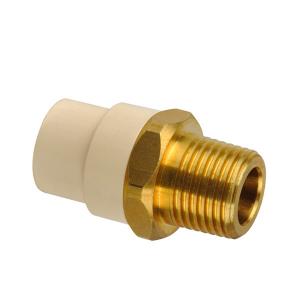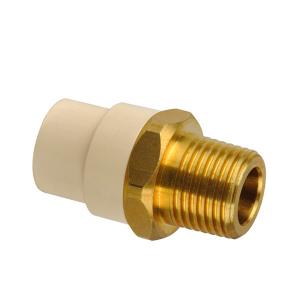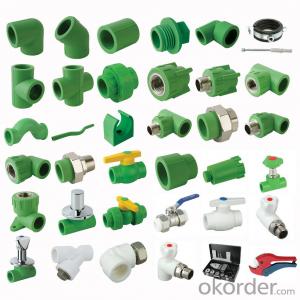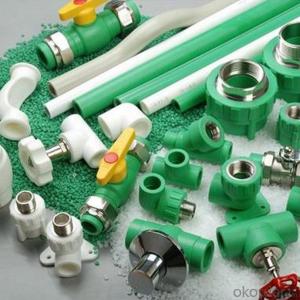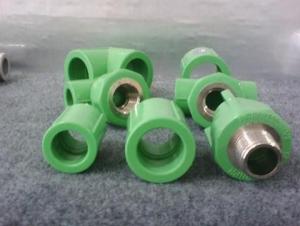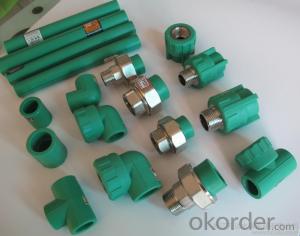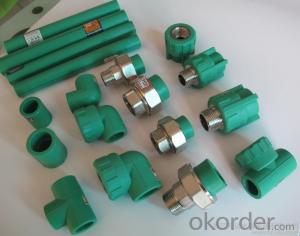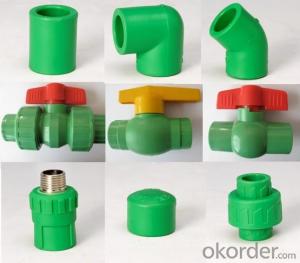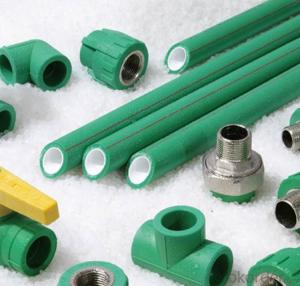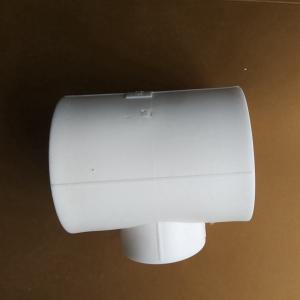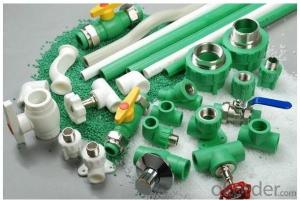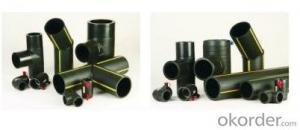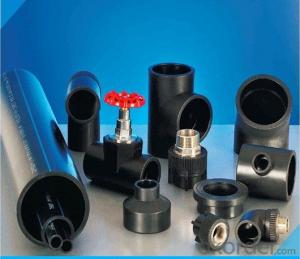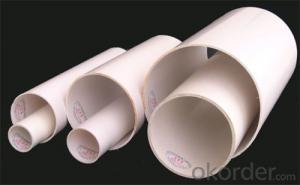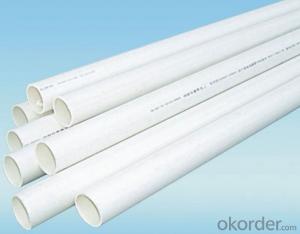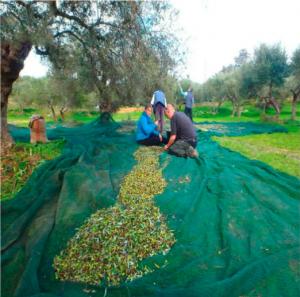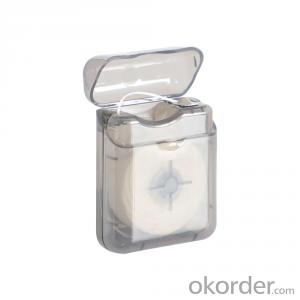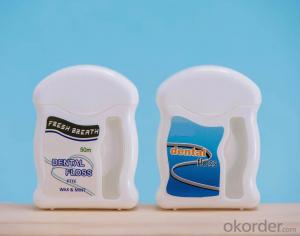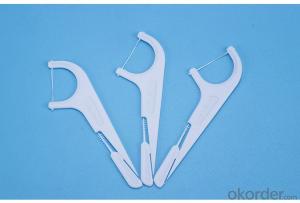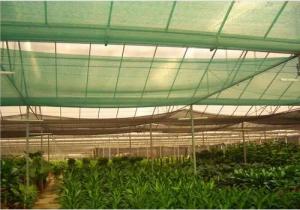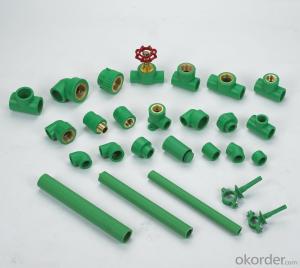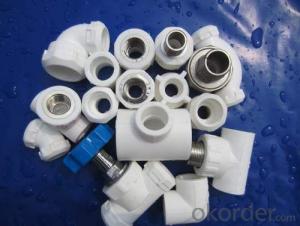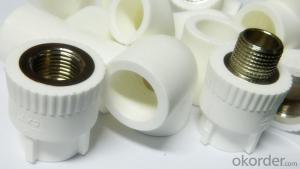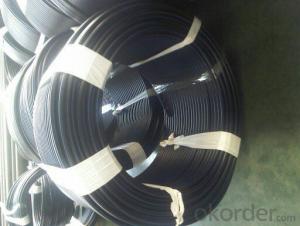BRASS THREADED MALE ADAPTOR CPVC ASTM D2846
- Loading Port:
- Nanjing
- Payment Terms:
- TT or LC
- Min Order Qty:
- 1000 pc
- Supply Capability:
- 1000000 pc/month
OKorder Service Pledge
OKorder Financial Service
You Might Also Like
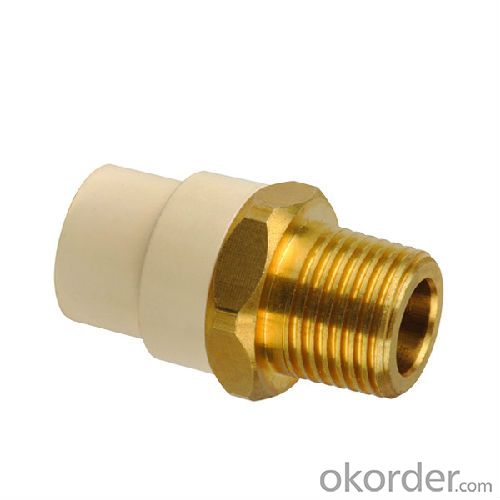
| Quick Details | |
| Material: Plastic | |
| Technics: injection | Connection: male |
| Type: Union | Shape: Equal |
| Place of Origin: China (Mainland) | Head Code: round |
| Model Number: CDS008 | Color: beige |
| Certification: NSF, ASTM D2846 | Size: 1/2"~2" |
| Packaging & Delivery | |
| Packaging Details: | 51.5*40*550px; 49*39*950px; 39*25.5*625px |
| PE poly bag+ carton | |
| 385-1130 CTNS/ 20 CONTAINER; 935-2740 CTNS/ 40HQ | |
| Delivery Detail: | 15 days. |
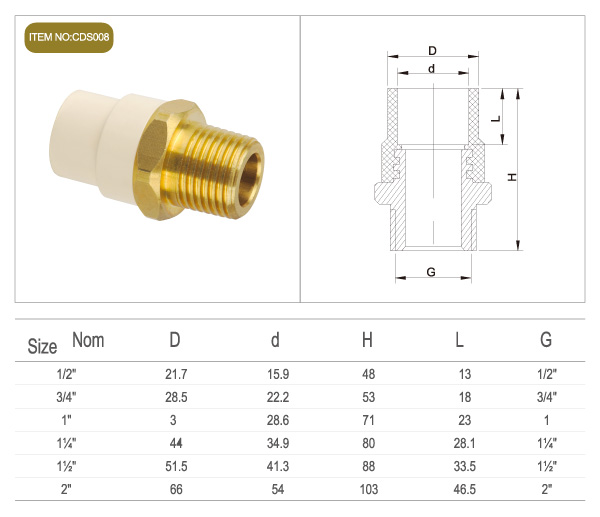
Specifications
Material: CPVC
Standard: ASTM D-2846
Pressure: PN25(2.5Mpa)
Size: 1/2"-2"; Color: beige
Certificate: ISO9001, ISO14001,NSF
CPVC MALE ADAPTOR
1. Material: CPVC
2. Size: 1/2"to2"
3. Standard: ASTM D-2846
4. Certification: ISO9001 ISO14001,NSF
5. Best price,excellent quality,quick delivery
Advantages:
1) Healthy, bacteriological neutral, conforming to drinking water standards
2) Resistant to high temperatures, good impact strength
3) Convenient and reliable installation, low construction expenses
4) Excellent heat-insulation property from minimum thermal conductivity
5) Light weight, convenient to transport and handle, good for labor-saving
6) Smooth inner walls reduce pressure loss and increase flow speed
7) Sound insulation (reduced by 40% compared to galvanized steel pipes)
8) Light colors and excellent design ensure suitability for both exposed and hidden installation
9) Extremely long usage life for at least 50 years
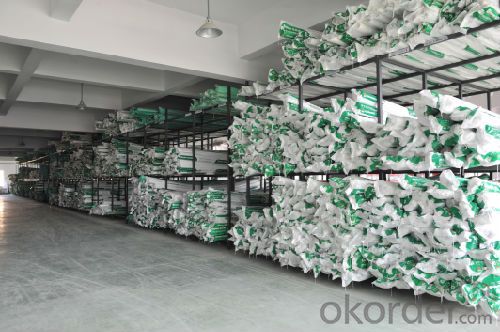
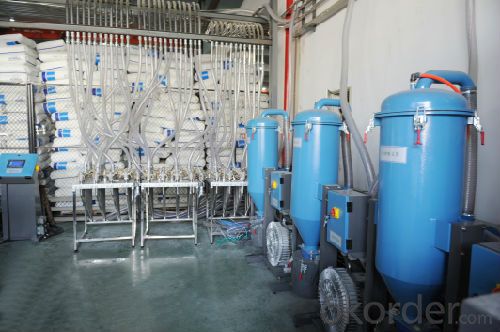
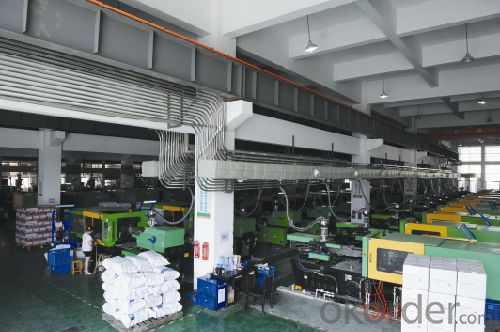
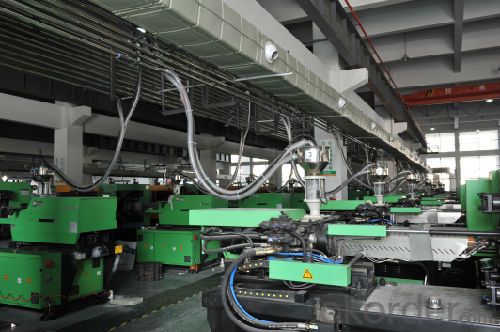
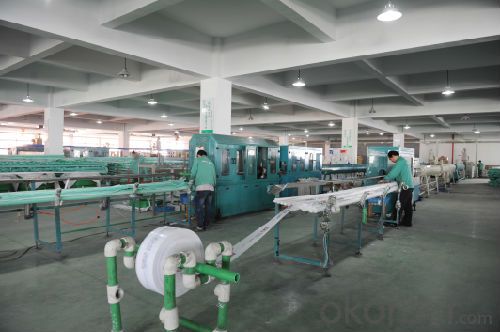
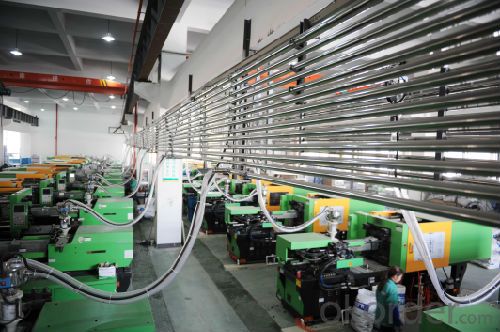
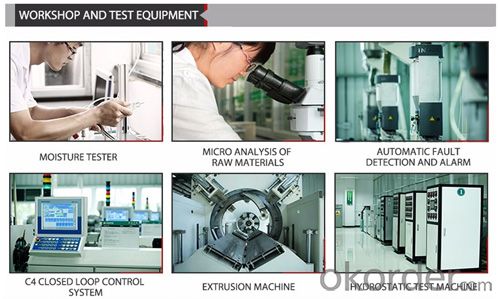
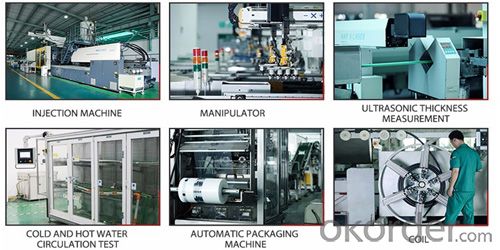
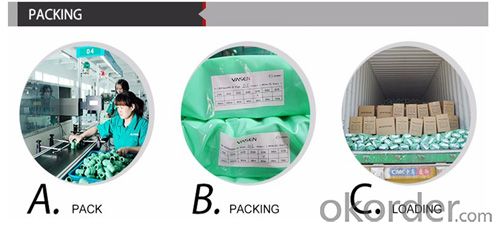
- Q:Can plastic pipe fittings be used for landfill leachate collection?
- Yes, plastic pipe fittings can be used for landfill leachate collection. Plastic pipes and fittings are commonly used in landfill leachate collection systems due to their durability, resistance to corrosion, and ability to withstand harsh environments. They provide a cost-effective solution for effectively collecting and transporting leachate from landfills.
- Q:Can plastic pipe fittings be used for chemical injection skids?
- Yes, plastic pipe fittings can be used for chemical injection skids. Plastic pipe fittings are commonly used in various industries, including chemical and petrochemical, due to their corrosion resistance and durability. However, it is important to select the appropriate type of plastic material that is compatible with the specific chemicals being injected to ensure safe and efficient operation.
- Q:Are plastic pipe fittings compatible with solvent welding?
- Yes, plastic pipe fittings are compatible with solvent welding. Solvent welding is a common and effective method used to join plastic pipes and fittings together. It involves using a solvent cement that chemically bonds the plastic surfaces, creating a strong and leak-proof connection.
- Q:Can plastic pipe fittings be used in fire suppression systems?
- No, plastic pipe fittings generally cannot be used in fire suppression systems as they lack the necessary fire resistance and may melt or fail under high temperatures, compromising the effectiveness and safety of the system.
- Q:TTP-PESI hole net steel belt composite pipe fittings need to be taken?
- Mesh steel composite plastic pipe, with cold rolled steel strip and hot plastic as raw material, using porous thin-walled steel tube argon arc butt welding molding as reinforcement, a new type of composite pressure pipe outer layer and the inner layer of the double composite thermal plastic (PESI, also known as Yum tube) to be solved, galvanized pipe is disabled, a revolutionary technology of building water supply main vertical pipe and pipe network system.
- Q:Can plastic pipe fittings be used for wastewater treatment facilities?
- Yes, plastic pipe fittings can be used for wastewater treatment facilities. Plastic pipe fittings, such as PVC or HDPE, are commonly used in wastewater treatment facilities due to their durability, chemical resistance, and long service life. These fittings can effectively handle the corrosive nature of wastewater and are often preferred over traditional metal fittings. Additionally, plastic pipe fittings offer ease of installation, reduced maintenance requirements, and lower costs, making them a suitable choice for wastewater treatment applications.
- Q:How do plastic pipe fittings differ from metal pipe fittings?
- Plastic pipe fittings differ from metal pipe fittings primarily in terms of material composition and durability. While metal fittings are typically made of materials like brass, copper, or stainless steel, plastic fittings are made of PVC (polyvinyl chloride), CPVC (chlorinated polyvinyl chloride), or PEX (cross-linked polyethylene). Plastic fittings are generally more affordable, lightweight, and corrosion-resistant compared to metal fittings. Additionally, plastic fittings are easier to install as they often require simple solvent welding or compression techniques, whereas metal fittings may require soldering or threading. However, metal fittings are generally stronger and more durable, making them suitable for high-pressure or high-temperature applications.
- Q:Can plastic pipe fittings be used for chemical storage facilities?
- No, plastic pipe fittings are not suitable for chemical storage facilities due to their potential chemical reactivity and limited resistance to corrosive substances. It is crucial to utilize specialized materials, such as corrosion-resistant metals or high-density polyethylene (HDPE), to ensure the safety and integrity of chemical storage systems.
- Q:Are plastic pipe fittings resistant to high-pressure steam?
- Yes, plastic pipe fittings are generally not resistant to high-pressure steam.
- Q:Are plastic pipe fittings more cost-effective than metal fittings?
- Plastic pipe fittings are generally more cost-effective than metal fittings. They are cheaper to produce, lighter in weight, and easier to install, which can save on labor costs. Additionally, plastic fittings do not corrode or rust, reducing the need for maintenance or replacement. However, the choice between plastic and metal fittings ultimately depends on the specific application and requirements of the project.
1. Manufacturer Overview |
|
|---|---|
| Location | |
| Year Established | |
| Annual Output Value | |
| Main Markets | |
| Company Certifications | |
2. Manufacturer Certificates |
|
|---|---|
| a) Certification Name | |
| Range | |
| Reference | |
| Validity Period | |
3. Manufacturer Capability |
|
|---|---|
| a)Trade Capacity | |
| Nearest Port | |
| Export Percentage | |
| No.of Employees in Trade Department | |
| Language Spoken: | |
| b)Factory Information | |
| Factory Size: | |
| No. of Production Lines | |
| Contract Manufacturing | |
| Product Price Range | |
Send your message to us
BRASS THREADED MALE ADAPTOR CPVC ASTM D2846
- Loading Port:
- Nanjing
- Payment Terms:
- TT or LC
- Min Order Qty:
- 1000 pc
- Supply Capability:
- 1000000 pc/month
OKorder Service Pledge
OKorder Financial Service
Similar products
New products
Hot products
Hot Searches
Related keywords
